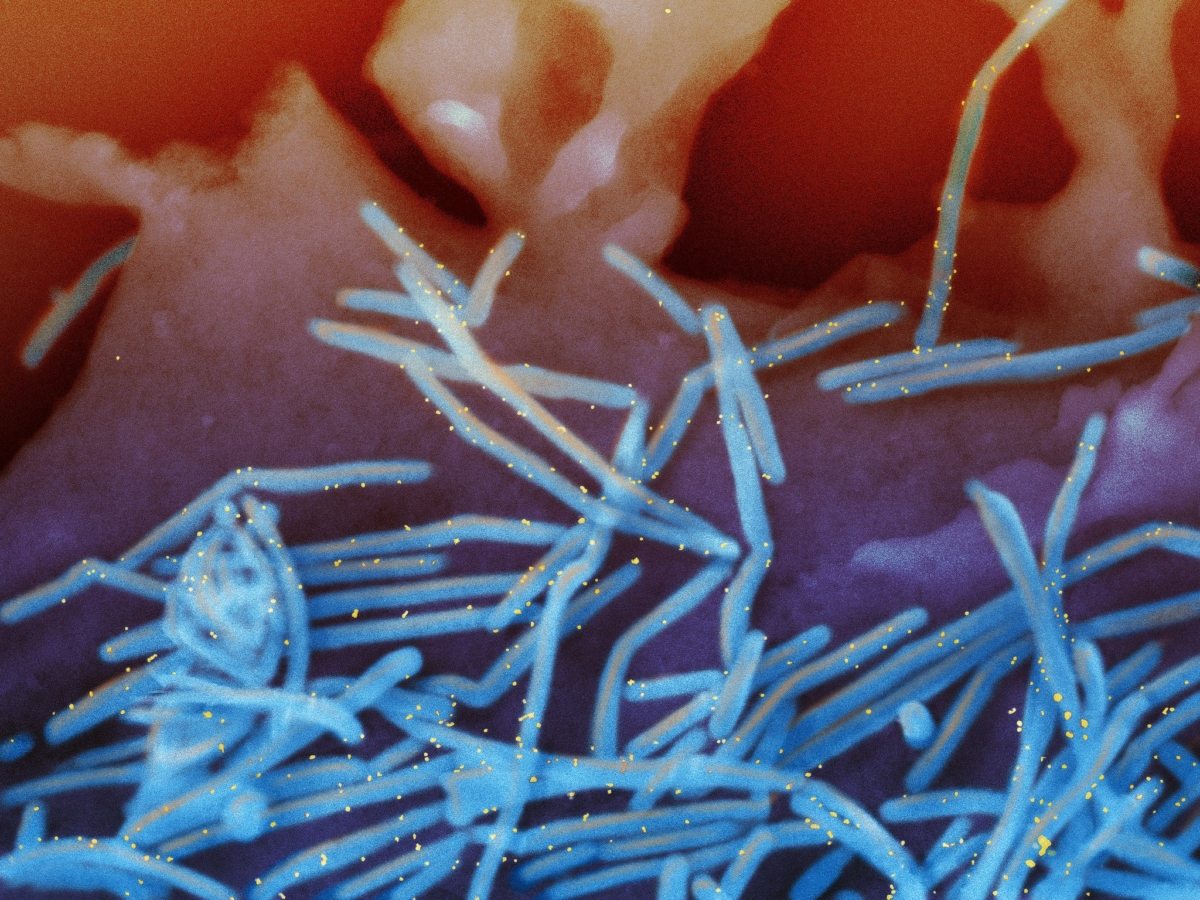
Nearly a third of infants who are hospitalized with a severe form of a common childhood lung infection called bronchiolitis develop asthma a few years later. However, clinicians have been unable to predict which infants with severe bronchiolitis are at high risk for developing asthma and to understand why. Now, a NIAID-funded study published in the journal Nature Communications has taken a step toward accomplishing this.
The study identifies which infants hospitalized with bronchiolitis caused by respiratory syncytial virus (RSV) are at highest risk for developing asthma by age 5 years. RSV infection in infants hospitalized with bronchiolitis is the most impactful risk factor for developing asthma later in childhood. The study was led by Yoshihiko Raita, M.D., M.P.H., M.M.Sc., a postdoctoral research fellow in the department of emergency medicine at Massachusetts General Hospital in Boston. Further research is needed to validate the findings and develop interventions to prevent asthma in these children.
The study included 221 infants hospitalized with RSV bronchiolitis who were enrolled at one of 17 sites in the nationwide, NIAID-funded 35th Multicenter Airway Research Collaboration, also known as the MARC-35 study. These infants were selected at random from the more than 900 infants who comprise the MARC-35 study cohort. The primary goals of the MARC-35 study are to clarify the mechanisms that underlie the bronchiolitis‒asthma link and to develop targeted strategies to prevent childhood asthma.
Read more...







